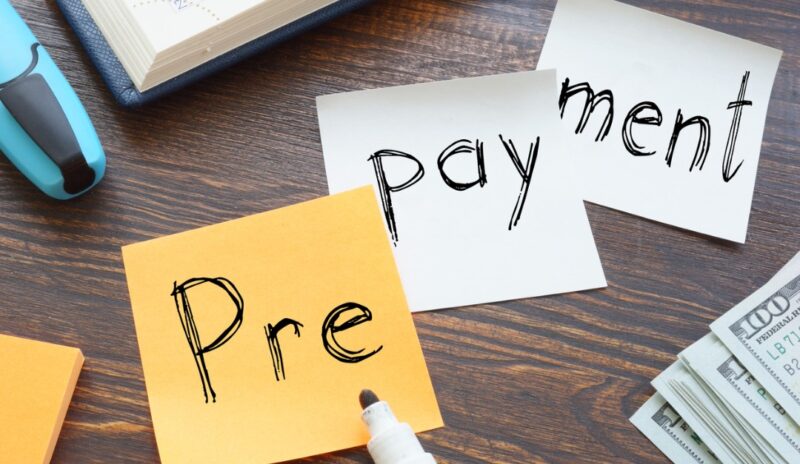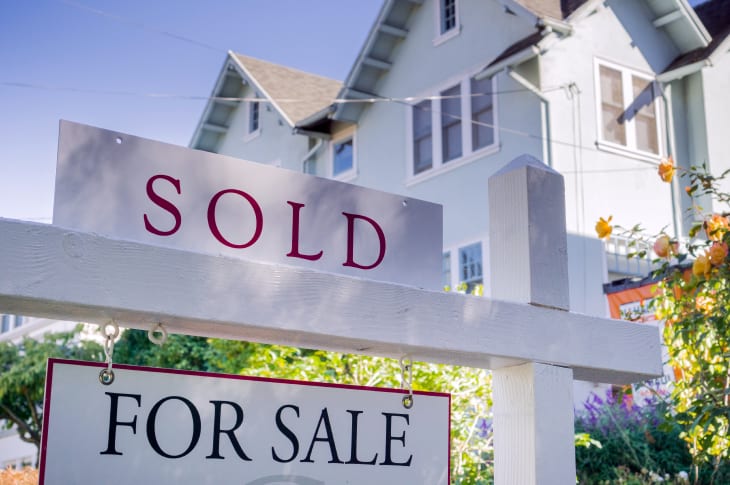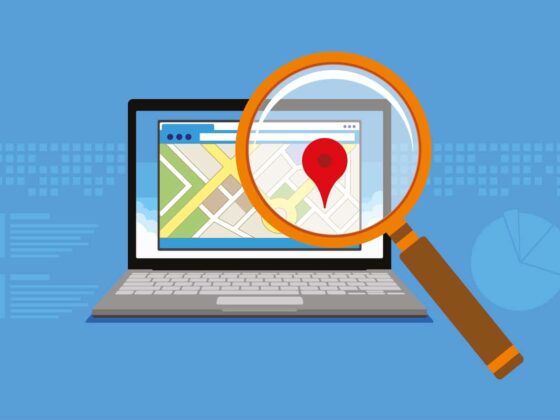Buying a house is a big financial decision, and selling it is no less significant. Whether due to a job change, neighborhood dissatisfaction, or other personal reasons, you might find yourself contemplating selling your house not long after you’ve bought it. But how quickly can you actually sell it, and what are the implications of selling it sooner rather than later? This article unveils the critical factors to consider.
Timing Your Sale

Understanding the right time to sell your house after buying is crucial. It’s not just about being able to sell it, but selling it without incurring financial losses. Various factors like market conditions, capital gains tax, and the condition of your house play significant roles in this decision. If circumstances necessitate a quick sale in the Grand Rapids, Michigan area, some companies provide a platform to expedite the selling process, which may be a viable option to explore. One of them is https://gordonbuyshomes.com/we-buy-houses-grand-rapids-michigan.
General Guidelines
Experts generally advise living in a house for at least two years before selling, with five years being the ideal period to make an actual profit on the sale. The reasoning behind this is multifaceted:
- Avoidance of capital gains tax
- Opportunity to make renovations and repairs
- Allowing the home to appreciate in value
The Five-Year Rule
The five-year rule is a popular guideline suggesting that you should wait at least five years before selling your home. This period is considered adequate for building up enough equity to make a profit and helps in avoiding hefty capital gains taxes.
Market Conditions
Market conditions significantly influence your home’s selling price. If the real estate market is booming, selling sooner may still yield a profit. Conversely, a sluggish market may necessitate a longer wait.
Financial Implications

Selling a house shortly after buying can have financial consequences, some of which may be heavy on the pocket.
Capital Gains Tax
If you sell your home within a year of buying it, you’ll have to pay short-term capital gains tax, which is taxed at a regular income rate (10–37%), likely higher than the capital gains rate. However, if you’ve lived in the house for at least two years within the past five years, it qualifies as a primary residence, thus enabling a tax exclusion from the IRS.
Recouping Closing Costs
Recouping closing costs, incurred during the initial purchase, is a financial hurdle faced by homeowners who sell their properties shortly after buying. Typically, it’s advised to wait at least two years before selling to allow the home’s value to appreciate, thereby aiding in recouping these costs. However, market conditions and home improvements could expedite this process, potentially making a sooner sale financially viable without bearing the brunt of unrecovered closing costs.
Mortgage Prepayment Penalties

Selling your home soon after buying may also entail mortgage prepayment penalties, which can further dent your finances.
Conclusion
In conclusion, while you technically can sell your house anytime post-purchase, financial prudence suggests waiting for a period, preferably around five years, to maximize your financial benefits and minimize losses. Nonetheless, personal circumstances and market conditions could necessitate an earlier sale, making it imperative to consult with real estate and tax professionals to understand the implications fully.


